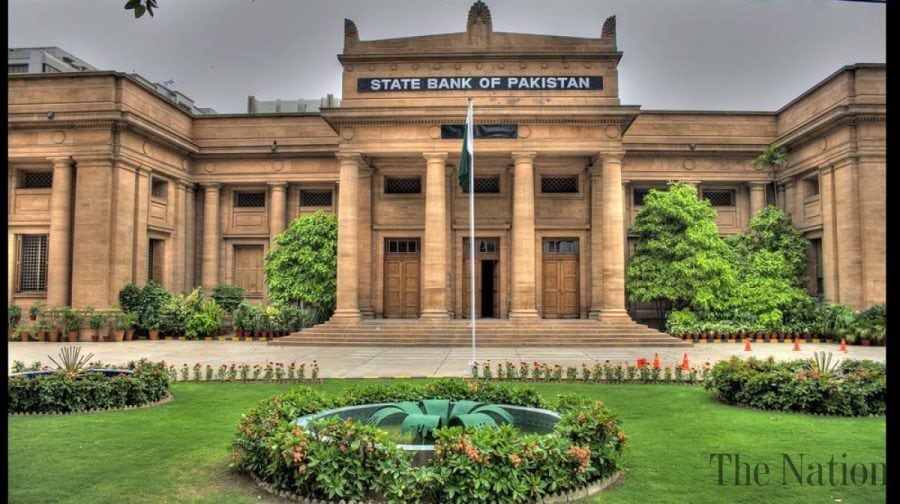Directives to help ease crisis of imported raw materials
The State Bank of Pakistan (SBP) on Monday announced a one-time facility for import-driven businesses in crisis, as it directed commercial banks to process import documents to release the majority of goods stuck up at Karachi ports.
The directives are expected to gradually ease the crisis of imported raw materials across the industries and reopen factories closed in Pakistan for the time being.
The stuck imported goods at domestic ports include foods – such as wheat, pulses, and onions – as well as medicine and medical equipment.
The central bank asked commercial banks to process all documents that ensure the imports were made from international suppliers on credit for a minimum of 180 days or more.
It also ordered the facilitating of import on international financing arranged by traders themselves.
The SBP directed banks to facilitate the import of foods, medicines, and energy as a top priority.
The SBP statement read that in order to facilitate businesses, the central bank withdrew the requirement of prior approval of imports (falling under HS code Chapters, 84, 85 and certain items under HS code Chapter 87) and instead gave general guidance to the banks to prioritize import of certain essential items like food, pharmaceutical, and energy.
“Accordingly, [the] SBP has advised banks to provide a ‘one-time’ facilitation to all those importers who could either extend their payment terms to 180 days (or beyond) or arrange funds from abroad to settle their pending import payments”.
Until March 31, 2023, banks have been advised to process and release documents of shipments and goods that have already arrived at a port in Pakistan or have been shipped on or before January 18, 2023.
“Further, banks have been advised to educate their customers to inform their banks prior to initiation of any import transaction to avoid any complications in the future,” the SBP said.









